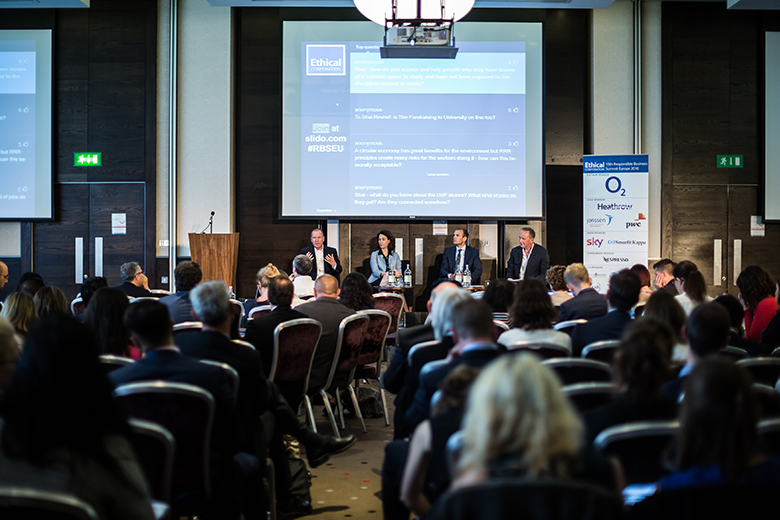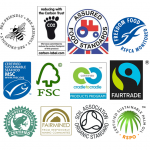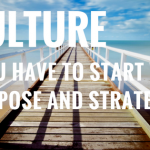
The Responsible Business Summit is one of 2 big sustainability-in-business conferences that I go to every year (the other being Sustainable Brands). Entitled ‘Deliver Social Purpose with Impact’, 2017’s June conference had an impressive array of speakers that teased me that the 2 days would be a corker.
And it’s true, I learned a lot about what companies are doing, and some very good supply chain efforts being made by hard working CEOs, CSOs and sustainability managers.
But it also ably demonstrated what I call the Purpose Problem. Purpose gets bandied around by many people meaning different things. Me, I go with Simon Sinek and Jim Stengel – it defines why you do what you do, your broader role in society. (See our Purpose page for a fuller explanation)
But to 90% of these people here, purpose meant ‘sustainability strategy’. They were used synonymously and interchangeably by most of the speakers, who were responsible for sustainability strategy. What they rarely talked about was the Board and leadership team, and their organisational purpose, and what else was changing to shift the whole organisation and its external influence over consumers and society. What most speakers (and I think, the audience, judging by the questions asked) failed to do was connect the dots between board decision-making, organisational purpose, strong sustainability strategy, brand positioning, consumer appeal or even employee loyalty. So much could have been discussed, and wasn’t. A lot of this, I put at the door of the organisers, who set up the sessions, briefed the speakers, and ran nearly all of it as panel discussions – what a shame to miss out on the inspiring case studies, videos and ‘wow’ that most of the speakers could have brought to this.
The standout exceptions to this were, however, very useful:
- Heineken’s Blanca Juti talked convincingly on employee engagement, building a legacy and connecting with consumers. Even mentioned my personal favourite Tecate, in Mexico – a brand I worked on 8 years ago to create a ‘positive masculinity’ based positioning and purpose, and which is now a Cannes winner with its anti-domestic violence campaign which comes directly from that brand strategy.
- Dirk Coeste VP of Sustainability at BASF talked about sustainability in the context of their total organisational purpose, which is ‘creating chemistry for a sustainable future’ (much like competitor Novo Nordisk who impressed at last year’s Sustainable Brands)
- Berry Magarinos, VP Sustainable Partnerships at Ferminich fragrance house (a beloved supplier of mine when I worked on, yes, Toilet Duck), talked ably about the role of the CSO on the board as the external voice shaping and challenging purpose, decision making and governance, and how to use external experts to shape Board thinking
- Richard Ellis, VP of CSR at Allianz Boots took a more integrated view, talking about long term and public commitments, impact on core business strategy, and how to use the UN Global Goals for Sustainable Development (which I feel have been unhelpfully shortened to SDGs by the SD profession, thereby narrowing their appeal and impact overnight).
- Jens Birgersson, CEO of Rockwool, was the only CEO on the ‘Social Purpose’ keynote panel, to actually state their purpose and how they got to it (Their purpose= ‘to release the natural power of stone to enrich modern living’ and they got to it by many rounds of board and leadership discussion). The others took it as a ‘sense of purpose’ and focussed on sustainability strategy, which was therefore interesting but without context.



